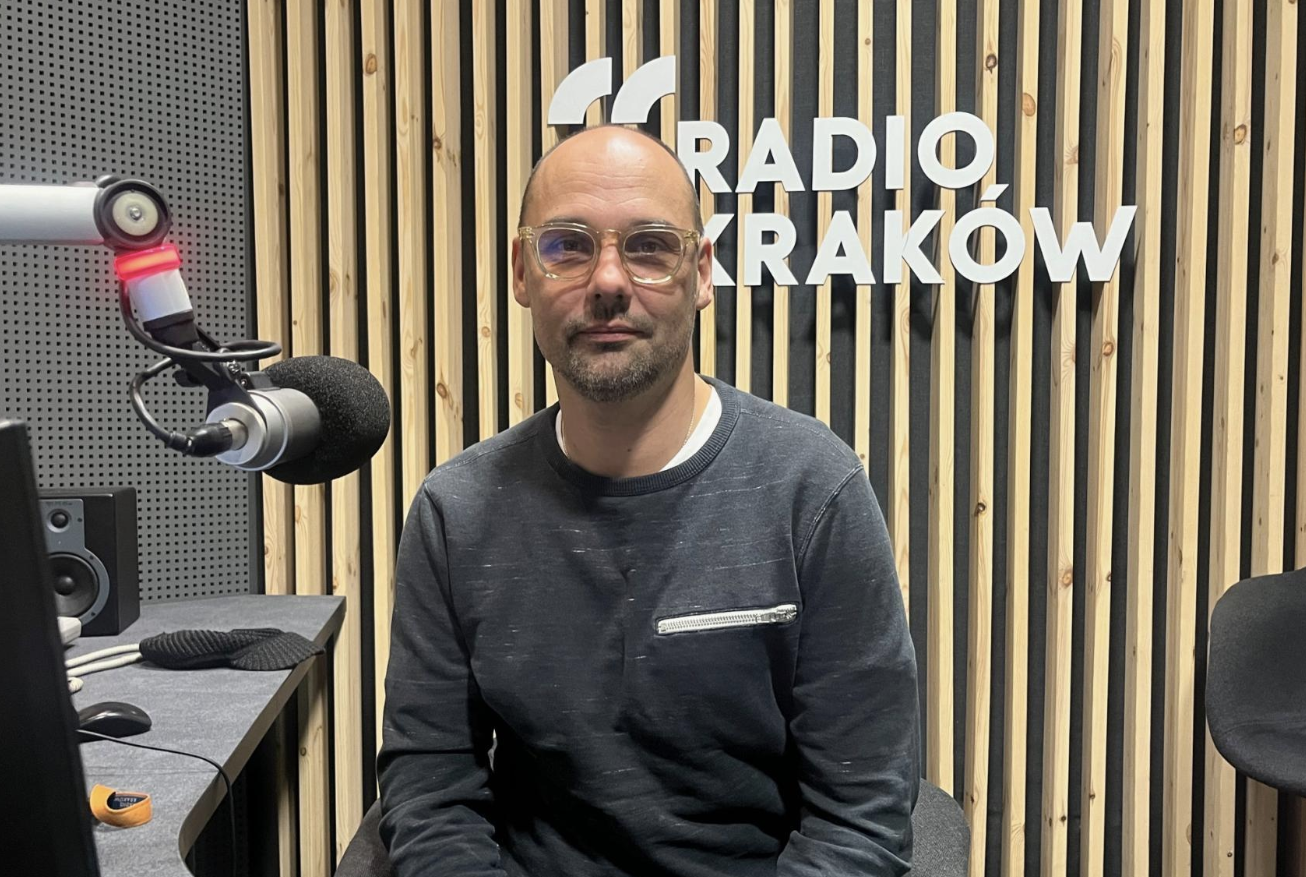Read
Mental Health HelpLine Psychology Articles
Familiarize yourself with the content prepared or verified by our team. We hope that by reading it you will gain a fresh perspective on the topics you are interested in.
Okres izolacji i strach przed zarażeniem u wielu osób skutkowały załamaniem psychicznym. W czasie spędzonym w zamknięciu często dały o sobie znać też dawne, stłumione lęki. Autorzy Mental Health Helpline opowiedzieli o tym, co najbardziej trapi pracowników korporacji, którzy zwracają się do nich po pomoc psychologiczną. Okazuje się, że "w korpo" najmniej boimy się utraty pracy, czy goniących terminów. Prawda u ludzkich lękach jest zupełnie inna.
Słowo „kryzys” odmienia się dziś przez wszystkie przypadki. Eksperci szacują, że nawet jeśli większość w obliczu długotrwałego zagrożenia wykazuje się odpornością, to przynajmniej u ⅓ osób pojawią się kłopoty w funkcjonowaniu i poważne zagrożenie stanem, który można uznać za zaburzenie psychiatryczne.
W ciągu ostatniego roku nasze wyobrażenia o zdrowiu i dobrym albo złym samopoczuciu uległy zmianie. Nie mogąc spotkać na żywo bliskich, przyjaciół, współ pracowników, musieliśmy stać się niezwykle kreatywni i ma to swoje dobre strony. Świat zmienił się nie do poznania i po raz kolejny zakpił z naszych oczekiwań.
Niektórym z nas niebawem stuknie półtora roku pracy zdalnej. Część właśnie osiąga granicę swoich możliwości, innym udało się wypracować zdrową równowagę. Jak możecie sobie pomóc, jeśli należycie do tych pierwszych?
Listen to
Podcast: Mental Health Helpline on Radio Krakow.
Check out a series of podcasts with Mental Health Helpline experts on Radio Krakow. You can find short versions of the podcasts on the Radio Krakow website >>
Remote psychological help is not an inferior form of support these days, but it is not a good solution for everyone. I talk to Szymon Martyniak-Barański, psychologist, coach, trainer and member of the Mental Health Helpline team, about how technology has increased the chances of reaching people in need of help and who stands in the doorway of virtual offices.
Studies show that people who have undergone psychotherapy and had the opportunity to analyze themselves in the presence of a professional earn more. The key to success, then, is knowing one’s abilities and shortcomings, but it is not this motivation that makes people reach out to psychotherapy offices. What should they know before they choose a method of working on themselves and how to understand the process? Tadeusz Reimus – psychologist, psychotherapist and coach – talks about therapy from a personal and professional perspective.
Knowledge about depressive disorders is at our fingertips today, but it is mixed with circulating information of a counseling nature and various tests for supposed self-diagnosis. How, then, to use these resources and not get caught up in the poppsychological narrative about oneself? Stanislaw Szwed, psychologist, psychotherapist, specialist in the Mental Health Helpine team, is a guest of Radio Krakow Culture.
When the symptoms of ADHD project very much onto the client’s condition and we really see that here pharmacotherapy is necessary, then of course we talk about it. On the other hand, psychotherapy is not a directive process, so we don’t prescribe anything to the client here. We talk about how important it is for him to get such a diagnosis, because actually naming certain things out loud helps a lot. It helps the client himself. It clarifies a bit that I could function this way and there is nothing wrong with me, that it doesn’t depend on me being a badly organized person, for example, it’s just that my brain functions this way. And this diagnosis is more for understanding. I always refer to a psychiatrist for a diagnosis,” says Dr. Monika Zawadka, a psychologist, psychotherapist, and member of the Mental Health Helpline expert team.
The word “migrants” became uncomfortable to use over time, as it resonated with the negative context of migration problems. Olha Hhmil – a psychologist and psychotherapist who professionally deals with the problems of refugees and migrants, working with Mental Health Helpline notes that a term that is particularly stigmatizing in a psychological context is: refugee. The use of this term is traumatizing for her clients because it takes away their decision-making. Even if they left out of necessity, the most important thing is that they have a sense of agency and see the change of place as their own decision. Realizing this difference is a very important part of the therapeutic process.
No one is born a leader. This is a path and competence that one acquires over time, including under the influence of surviving crises. A leader pulls people in a certain direction, outlines a vision and missions. He pushes boundaries rather than moving within them,” says Tadeusz Reimus – psychologist, psychotherapist, coach, who talks to leaders, among others, on a daily basis. We talk about who they are and what fears people at the “very top” face, as well as whether psychopaths happen among them.
Working in a corporation often involves being constantly between a dilemma: what is possible, what we have influence over, where we can create some change and those things to which we must somehow adapt. Many people are stuck in such a limbo: on the one hand, perhaps they would like more, differently, and on the other hand, they face some kind of limitations. Therapeutic consultations are then about working out an agreement on a certain place in the corporation, because this undefinition creates tension,” says Dr. Sylwia Cichowska, psychologist, psychotherapist, Mental Health Helpline expert.
There is a fundamental difference between psychotherapy and intervention. Psychotherapy is a process in which a person has to change something in his habits. Psychotherapy is when a person suffers, is unhappy in his life in general, and knows that if he doesn’t change something in himself, he will continue to suffer. This is the healing process. Intervention is when I suffer because I can’t come to terms with a situation, but I’m not “damaged”, I don’t have to change anything in myself, only certain things need to be reformulated, learn new habits. In such intervention work, we help someone simply get up and go. And in psychotherapy you experience a big change,” explains Malgorzata Wypych President of Mental Health Center, psychologist, specialist in crisis intervention.
Download
Publications
Read MHHL publications.
HELPERS
How to take care of yourself while helping others?
Being a person who is very committed to helping people, even though there is great satisfaction, over time one can feel work overload and fatigue. These are the first symptoms that can lead to professional burnout (burnout). To take care of others, we must first focus on ourselves and take care of many aspects that will allow us to avoid burnout.
We present free materials prepared in cooperation between Diversity Hub, Mental Health Center and Mental Health Helpline, which consist of tips and psychological advice developed by experts – Szymon Martyniak-Barański and Michał Śmiałowski. There are 7 handouts that help you recognize the stages of burnout, work on beliefs leading to burnout, reduce stress, and many more.
This material was created thanks to the support of the World Health Organization (WHO).
LISTEN AND WATCH!
Webinars, conferences and podcasts
We encourage you to watch or listen to our experts’ speeches.
Webinars and conferences:
Webinars as part of the project ‘Mental health support for Ukrainian refugees’:
Podcasts:













